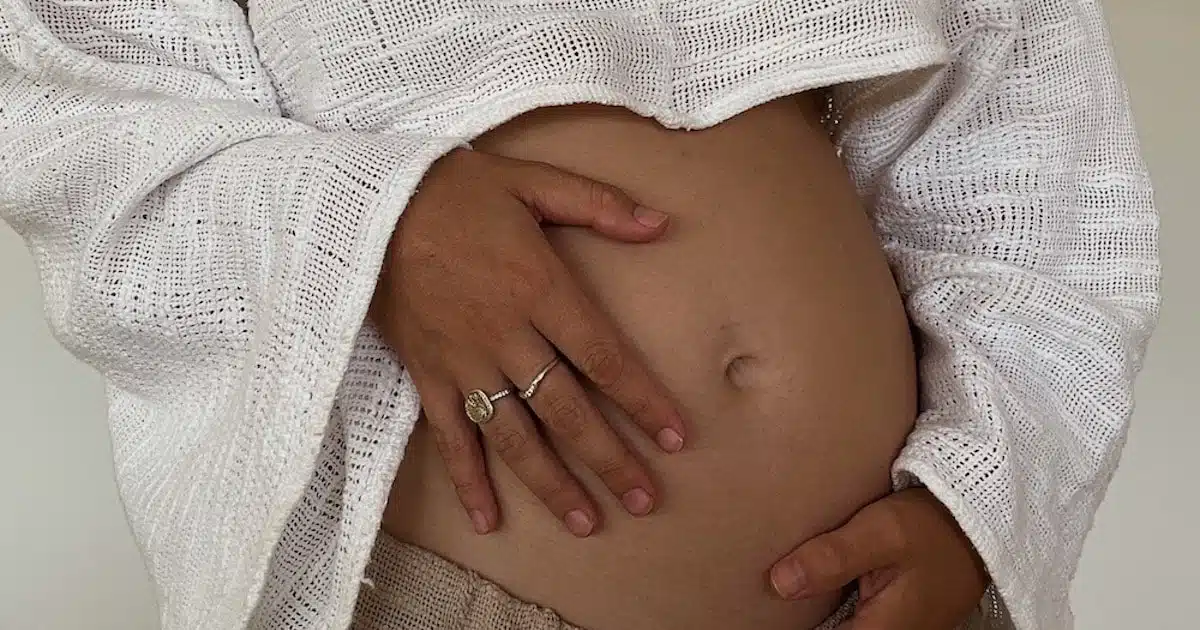Gestational diabetes: What is it and how do I know if I have it?
Dr Christine Catling
Dr Christine Catling
Up next
Gestational diabetes (GD) is a form of diabetes that affects women during pregnancy and then ceases after giving birth (however in some cases it may continue after). It occurs when the mother experiences high blood glucose levels. During pregnancy those hormones that are flowing through your body can inhibit your body from producing enough insulin or from using it correctly, which means your blood glucose levels will rise.
How is it diagnosed?
Gestational diabetes is usually diagnosed with a test called the Oral Glucose Tolerance Test (OGTT) that is performed between 24 and 28 weeks. You will need to fast before the test, and then blood samples will be taken before, during and after drinking the sugary drink provided. Your blood glucose levels during all these phases will determine whether you have it or not.
Who is most at risk of developing gestational diabetes?
Anyone can develop gestational diabetes during pregnancy however there are some people that are more at risk than others:
- Women over 40
- Women who are overweight
- If you have polycystic ovarian syndrome (PCOS)
- Have a family history of type-2 diabetes (or a mother or sister who also had GD)
- Have previously had GD
- Have gained weight rapidly during your pregnancy
- Women from certain ethnic backgrounds
Sign up
Get tailored content based on your week of pregnancy
By signing up, you agree to receiving our Newsletters. Cancel anytime.



What are the symptoms?
While some women will experience no symptoms at all, others may experience things including:
- Extreme thirst
- More frequent urination
- A dry mouth
- Feeling overtired
- Recurring thrush or UTIs
- Dizziness or blurred vision
How do you manage Gestational Diabetes?
It depends on the severity of your diagnosis, some women may require no treatment other than ensuring they eat a healthy diet and exercise, some will be placed on a restrictive diet and monitoring to manage levels, and some may have to have daily insulin injections. Your doctor will advise which course of action is right for you.
Are there any risks to your baby or you
Gestational diabetes increases both yours and your baby’s risk of developing type 2 diabetes later in life.
During the pregnancy, GD can affect baby’s growth, leading to larger babies (due to larger amounts of sugars and fats crossing the placenta) and this can lead to complications for both mother and baby during the birth (or require birth via Caesarean section).
Breastfeeding immediately after birth may help stabilise your baby’s blood glucose levels and they will need to be tested shortly after birth. If they are too low, they may be diagnosed as hypoglycaemic and be required to go on a drip.
Related Articles
Trending
Dr Christine Catling
Follow +Dr Christine Catling, a midwife for over 25 years, is the Director of Midwifery Studies at UTS. She believes research, innovation and good quality midwifery are pivotal to the well-being of mothers and young families. Christine has extensive experience in antenatal education, policy development and research, and has published on workforce issues, homebirth, vaginal birth...









